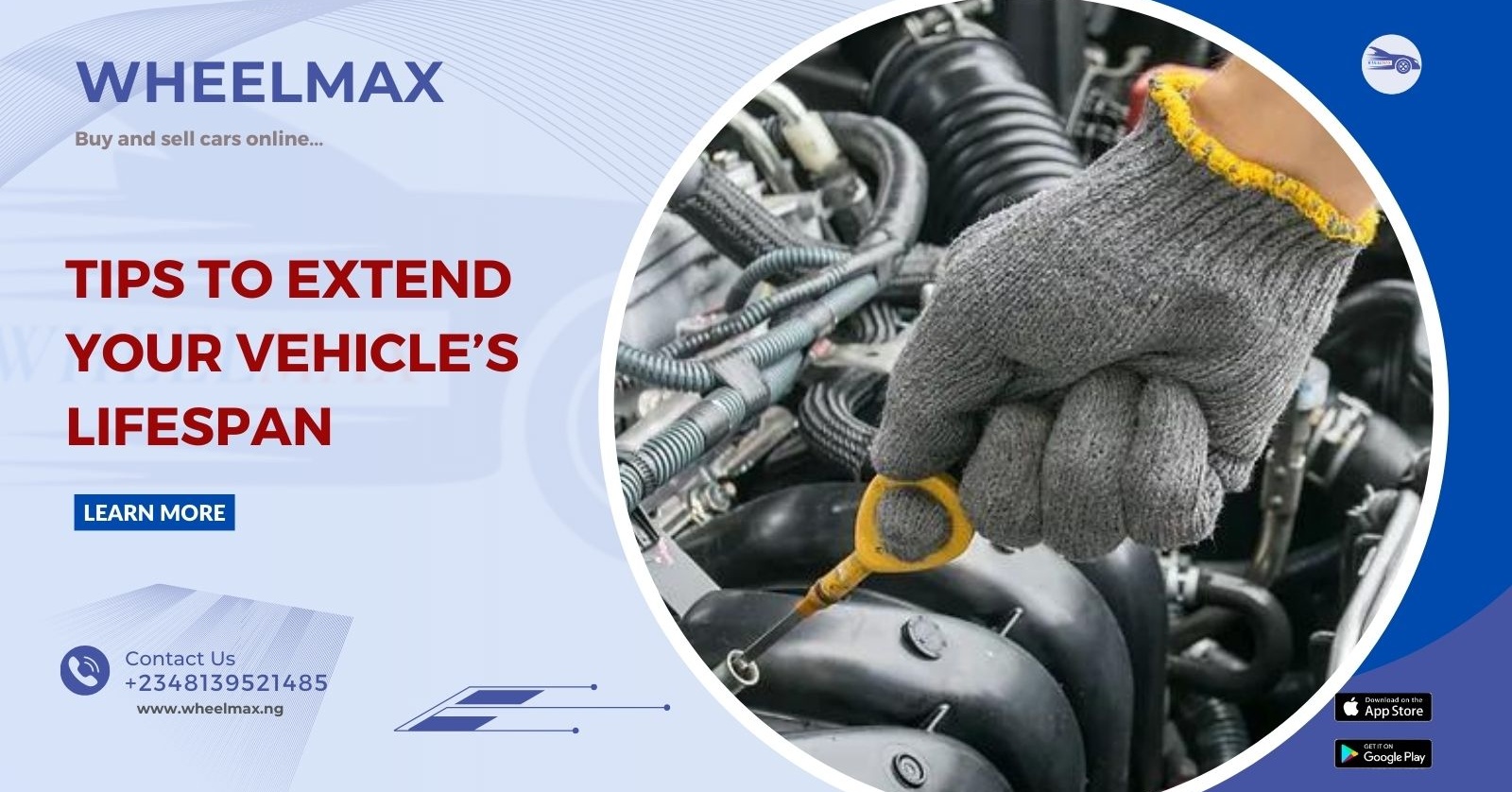Top Tips for Extending Your Car's Life: Drive It Like You Mean It to Last
Cars, like any other investment, require proper care to maintain their value and performance. With a little effort and knowledge, you can significantly extend the lifespan of your vehicle and keep it running smoothly for years to come. Here are some key strategies to consider:
Be a Stickler for Maintenance:
Follow the service schedule: Your car's owner's manual outlines a recommended service schedule, typically based on mileage or time intervals. This schedule outlines specific maintenance tasks like:
Oil changes: Every 3,000 to 5,000 miles (consult your manual for specific recommendations)
Tire rotations: Every 5,000 to 7,000 miles
Air filter replacement: Every 12,000 to 15,000 miles
Spark plug replacement: Every 30,000 to 100,000 miles (depending on the type of spark plug)
Coolant flush: Every 30,000 to 50,000 miles
Brake fluid flush: Every 2-3 years
Sticking to this schedule ensures the timely replacement of these crucial fluids and parts, preventing premature wear and tear on your car's components.
Don't skip oil changes: Engine oil acts as a lubricant, reducing friction between engine parts. Regularly changing the oil and filter, as per the manufacturer's recommendation, is crucial for:
Optimal engine performance: Clean oil ensures smooth operation and prevents overheating.
Reduced wear and tear: Oil lubricates moving parts, minimizing friction and wear on critical engine components.
Improved fuel efficiency: Clean oil allows the engine to run more efficiently, leading to better gas mileage.
Embrace routine checks: Develop the habit of checking your car's essential components regularly, including:
Tires: Check tire pressure and tread depth weekly. Uneven wear or insufficient pressure can affect handling and safety.
Fluids: Regularly check engine oil, coolant, brake fluid, and windshield washer fluid levels. Top up fluids as needed, and consult your manual for specific recommendations.
Lights: Ensure all headlights, taillights, brake lights, and turn signals are functioning properly. Faulty lights can compromise your safety and lead to fines.
Treat Your Car Right:
Drive smoothly: Avoid harsh acceleration, sudden braking, and aggressive maneuvering. These habits can cause:
Increased engine wear: Rapid acceleration puts excessive strain on the engine, accelerating wear on internal components.
Transmission strain: Jerky gear changes and harsh acceleration stress the transmission, leading to premature wear and potential failure.
Excessive brake wear: Sudden braking puts undue stress on the brakes, causing them to wear out faster.
Mind your speed: Maintaining a moderate speed offers several benefits:
Reduced engine strain: Lower engine RPMs result in less wear and tear on internal components.
Improved fuel efficiency: Higher speeds lead to increased fuel consumption.
Enhanced safety: Maintaining a moderate speed gives you more time to react to potential hazards on the road.
Embrace gentle starts: Avoid letting your engine idle for extended periods, especially during cold starts. This can:
Increase fuel consumption: Idling wastes fuel and contributes to unnecessary emissions.
Cause engine wear: Unnecessary idling can lead to increased engine wear, particularly during cold starts when oil circulation is slow.
Protect Your Investment:
Park smart: Whenever possible, park your car in a shaded area or garage. This protects the interior from:
Sun damage: Exposure to UV rays can crack the dashboard, fade the upholstery, and damage interior plastics.
Extreme temperatures: Excessive heat can warp interior components and damage electronic systems, while cold temperatures can stiffen rubber components and affect battery performance.
Wash and wax regularly: Regular car washes remove dirt and grime, preventing:
Rust: Dirt and grime trap moisture, which can lead to rust formation on the car's body.
Paint damage: Bird droppings, tree sap, and other contaminants can damage the paint job if left unattended.
Applying wax further adds a layer of protection against the elements by:
Repelling water: Wax helps prevent water spots and makes it easier to remove dirt and grime during future washes.
Protecting the paint: Wax provides a layer of protection against UV rays, oxidation, and minor scratches.
Address problems promptly: Don't ignore warning lights or unusual noises. Ignoring minor issues can lead to:
More significant and expensive repairs: Addressing problems early can often prevent them from snowballing into bigger issues down the road.
Safety hazards: Ignoring warning lights like those for low tire pressure or engine malfunction can pose safety risks while driving.
